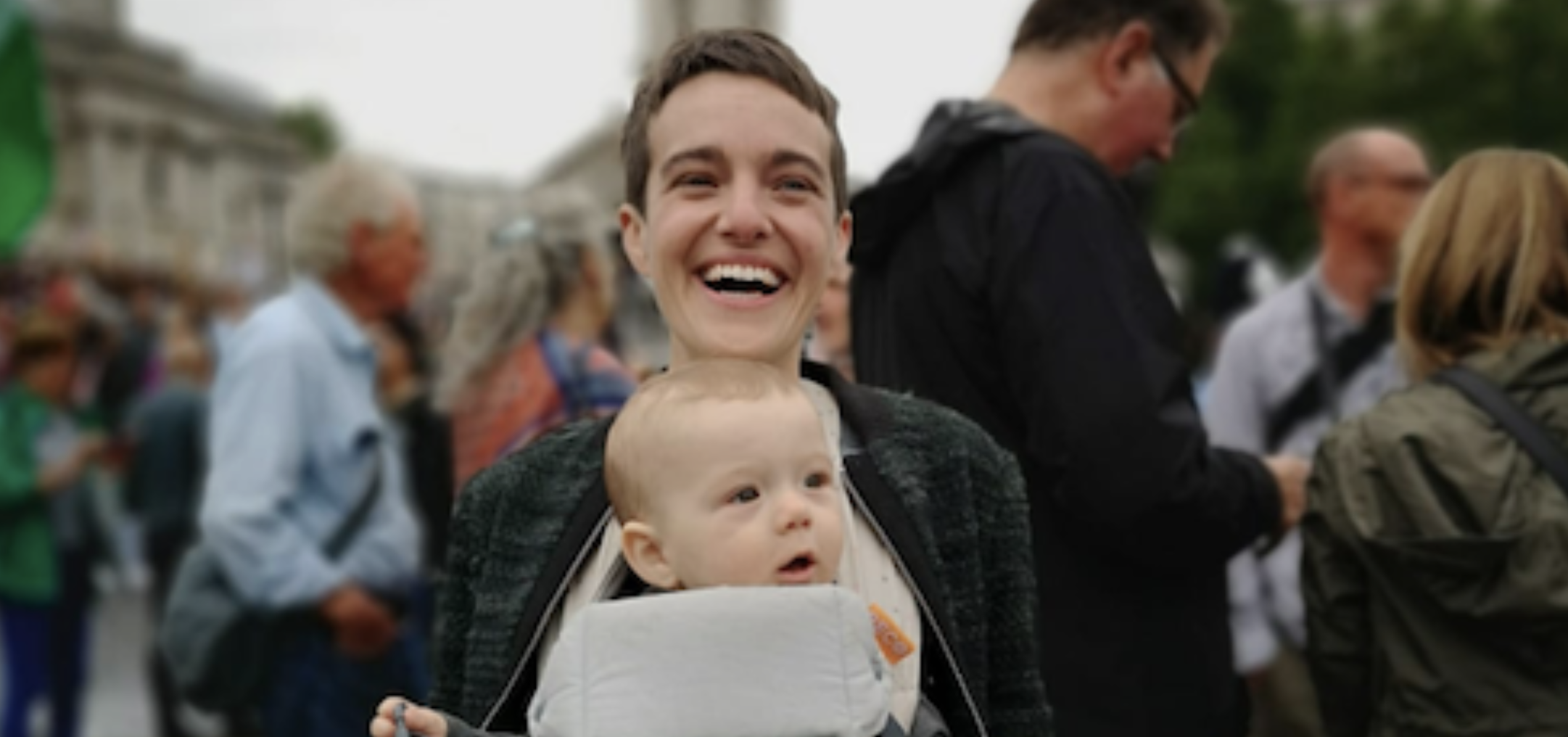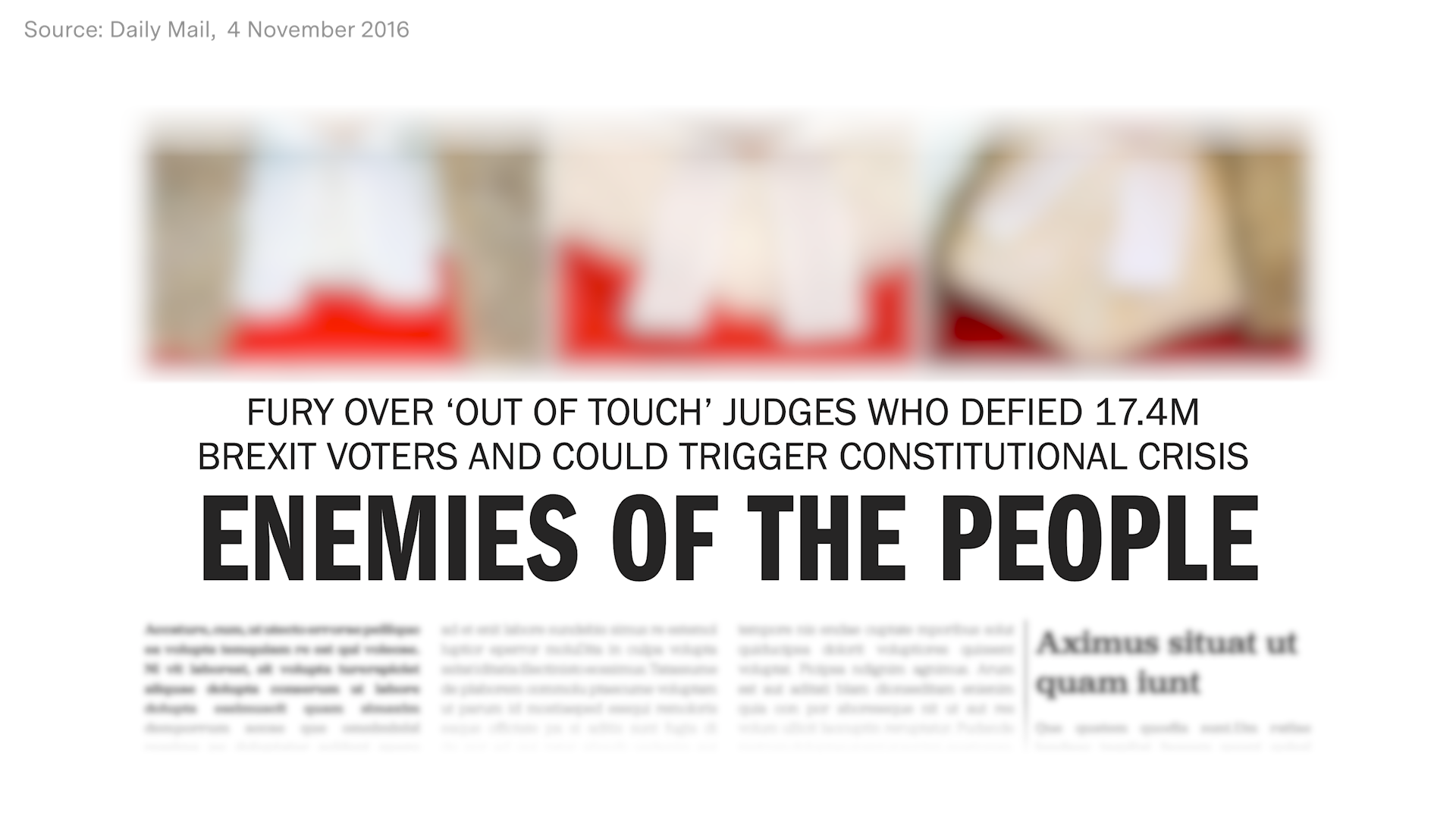She has acted for bereaved families seeking answers after loved ones died in state care. She has represented survivors of rape, domestic violence and trafficking who were failed by the police. She has brought claims on behalf of prisoners and immigration detainees who had been mistreated in custody and has challenged attempts to curb access to justice. Her name is Martha Spurrier, Director of Liberty.
To round off our week dedicated to the Human Rights Act (HRA), we sat down with Martha Spurrier to discuss the real risk currently posed to the HRA, as the government consults on plans to reform it.
The Human Rights Act now faces a real risk, but it is sometimes seen as the preserve of lawyers or advocacy groups, and not necessarily for the general public. Spurrier is here to set that record straight:
“The Human Rights Act is a vital tool for ordinary people up and down the country to hold the state, the government, the police, local authorities to account. It’s a way that we can make sure that we vindicate our rights against the state.”
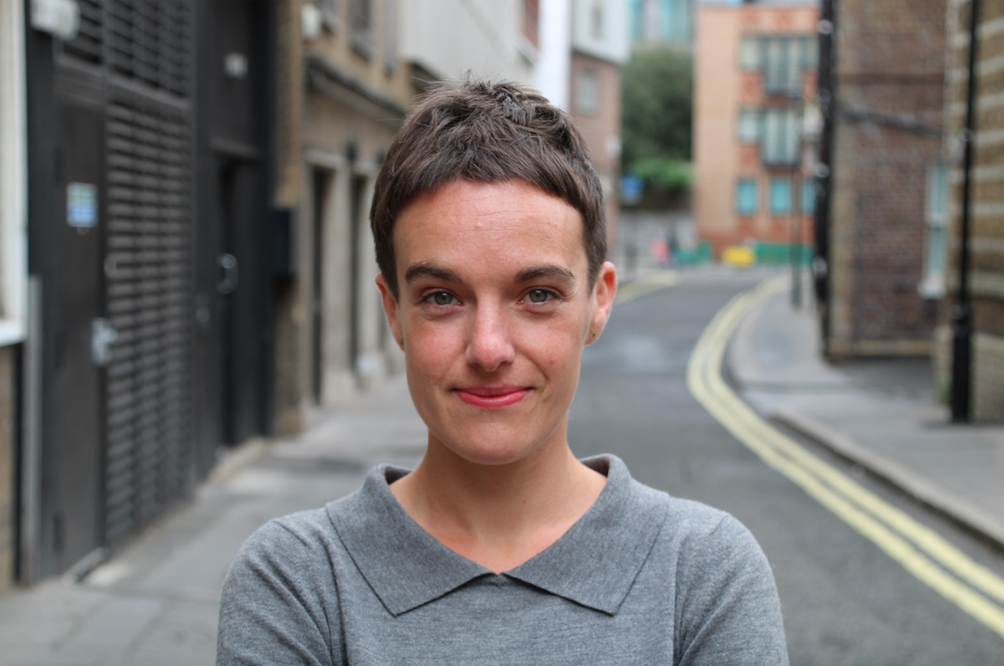
Credit: Martha Spurrier
What changes to the HRA have been proposed?
During the process of the 12-week consultation, campaign groups like Liberty have been working hard to respond to the government’s proposals to overhaul the Act. But it is not perhaps clear yet to some people living in the UK what these proposals are and what they mean for our everyday lives.
For instance, those fleeing persecution, as well as LGBTQ people, may find their rights weakened if Article 8 – respect for your private and family life – is removed from the HRA. For Spurrier, the removal of Article 8 is one of the most worrying proposals. Spurrier told us:
“The most worrying is, firstly, a proposal to strip out Article 8 protections. And those protections are the ones that are the right to private and family life. So, that affects anyone who’s coming here from another country and wants to settle here. Whether they’re fleeing persecution, but it also affects people who are fighting for safer housing, it affects people who are trying to get their rights vindicated, because they are LGBTQ, for example.”
In addition to having our rights weakened, there is also the question of positive obligations, which reinforce the onus on authorities to protect the rights of everyone. Positive obligations are also in danger.
Spurrier described the threat as a gutting of the state’s duty:
“There are also attacks on the positive obligations. Obligations that are on public authorities – authorities like the police – to make sure that our rights are respected. And a proposal to whittle them away is a gutting of the state’s proactive obligation to keep us all safe and free.”
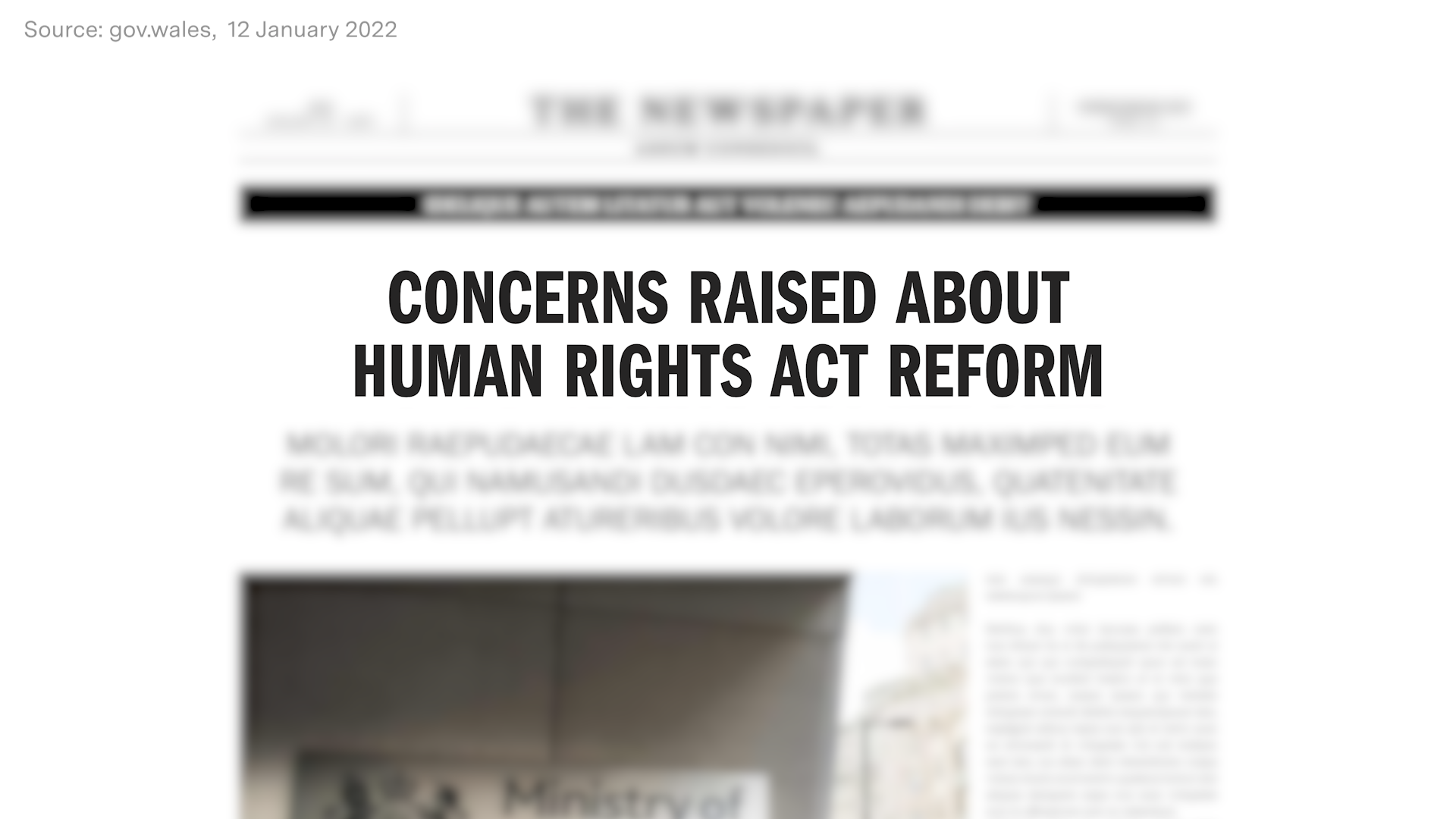
The implications of the HRA overhaul go deep. For example, the government hopes to bring in a requirement to get permission from a judge for a lawyer to take a human rights case:
“Other proposals [affecting human rights are], things like needing to get permission from a judge before you can even take a human rights case. Things like having your behaviour taken into account when a judge decides what remedy you should get if you have suffered a human rights violation, and a whole host of other proposals that will make all of our rights weaker.”
We recently reported that in the 580-page report of the Independent Human Rights Act Review (IHRAR), both security services and human rights campaigners issued warnings to the government over proposed changes to the Human Rights Act.
Helpful explainer of the threat to #HumanRightsAct via @EachOtherUK https://t.co/ajxsLu2BV9
— René Cassin🧡 (@Rene_Cassin) February 18, 2022
The government’s Human Rights Act reform consultation is due to close on 8 March 2022. Despite calls from over 140 organisations, led by Liberty, to extend the consultation by 12 weeks, the Ministry of Justice has not, as yet, extended the deadline.
It did, however, apologise for excluding disabled people. The Ministry came under fire by human rights activists and MPs for failing to provide accessible resources. The ‘easy-read’ version of the main consultation document remains inaccessible to some people with visual impairments who may want to engage with it. The Ministry of Justice has stated that an audio version of the consultation will be published this week. A government spokesperson stated: ‘We are working urgently to address delays caused by supplier issues and have published an interim version but apologise for the wait for a fully accessible document.’
How will the proposed HRA reforms affect our daily lives?
Spurrier expressed the importance of continuing to fight for the rights of us all:
“Hopefully, you never even know you’ve been engaged in a human rights issue in your everyday life because the people who are meant to protect you and are meant to make sure that we’re free and safe and equal are doing their jobs.”
There may come a time when we all, as citizens, could need to turn to the Human Rights Act to defend our freedom and liberties. Spurrier highlights that this is why the Human Rights Act must be protected, as it is a vital tool on which any of us could rely if that time comes. She explained:
“But if the worst comes to the worst and if there’s corruption, if there is abuse of power, if there’s violence, then at that point, you might need to use the actual legal instrument that is the Human Rights Act (HRA) in order to take a case or make a complaint – partly to vindicate your own rights and get justice for what’s happened to you, but also to force the state to learn lessons so that it doesn’t happen to anyone else in the future.”
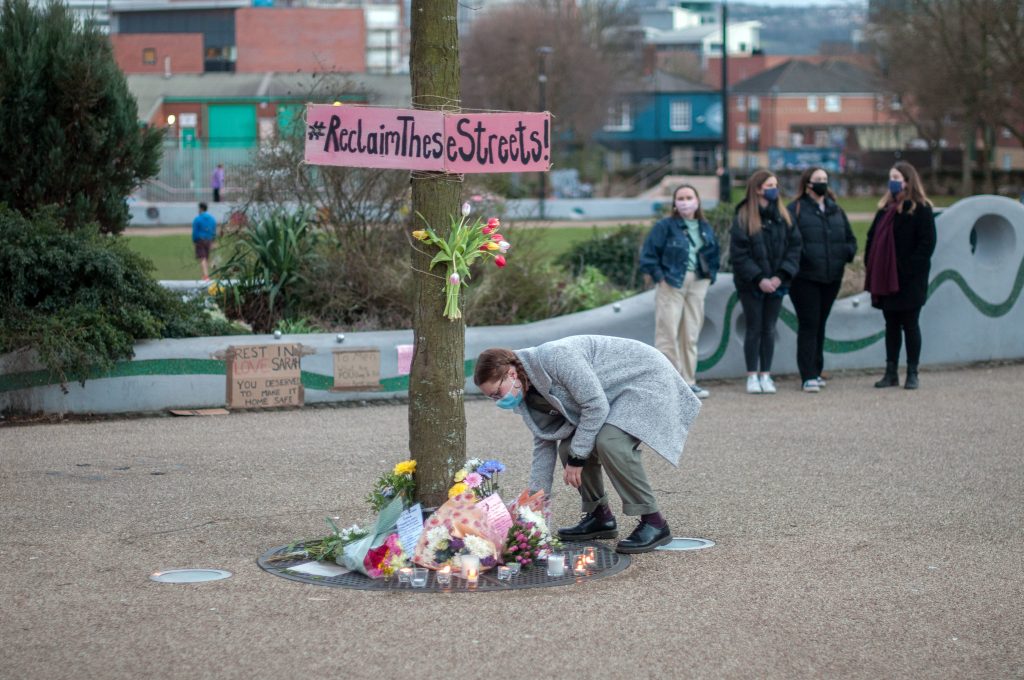
Credit: Tim Dennell/Flickr
Earlier this year the activist collective Reclaim These Streets invoked their rights to freedom of speech and assembly (Articles 10 and 11 of the HRA). The group who campaign about violence against women and girls brought a claim against London’s Metropolitan Police for the force’s refusal to allow a vigil following the abduction and murder of Sarah Everard by a Met Police officer.
Following a two-day judicial review hearing in the Divisional Court, the group stated that they never thought they would have to invoke their human rights in court. The co-founder of Reclaim These Streets, Jamie Klingler, told us that she had not realised how important it was to protect the right to assembly before the police took it away:
“I never really thought about how important my human right to assemble was until the Met forbade us from gathering for a moment of silence for Sarah Everard who was killed by one of their own”.
The group has raised over £43,000 to cover potential legal costs – a challenge they never thought they would have to face. Klinger told us at the time of the hearing:
“I knew nothing about how difficult it is to actually bring a judicial review. It’s hugely costly, even with cost-capping in place. So, the people that impact and make the laws aren’t you and me”.
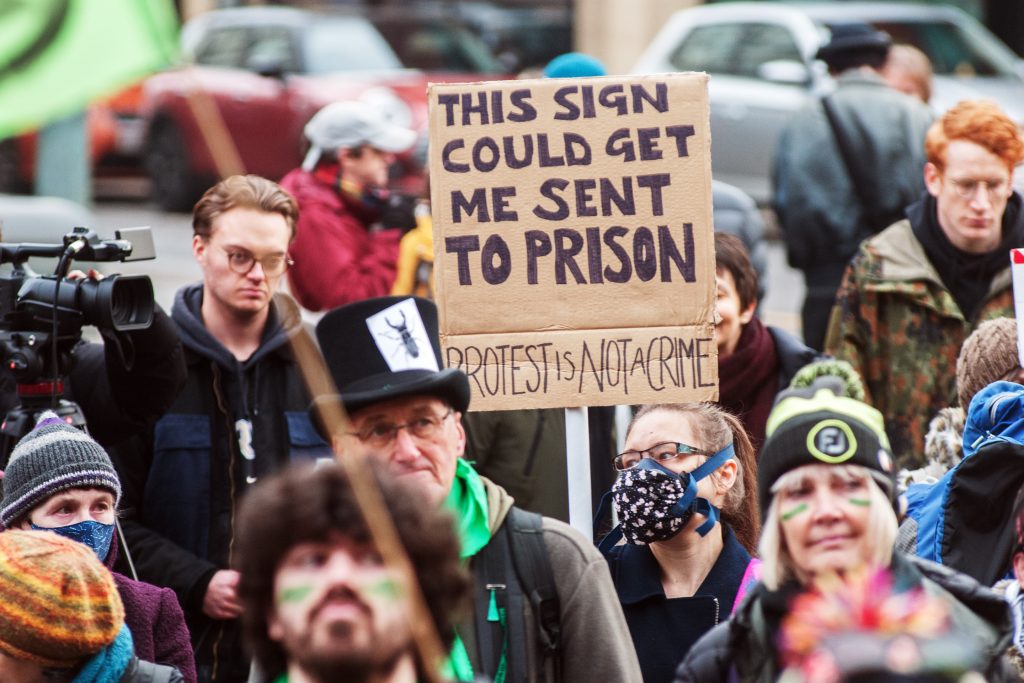
Credit: Tim Dennell/Flickr
‘Power is often unchecked’
Working in human rights, we sometimes wonder what we would do if we could change just one thing that would make a difference to people’s lives in the UK. Spurrier reminds us that while we sometimes think of big changes, real change can also lie in the smaller details:
“The gateway to all rights abuses, really, is that power is often unchecked. If I could wave a magic wand, it would be to do something to make sure that those really critical checks and balances – the tools that all communities need to stand up to power – that those are put out of reach by any executive government.”
In the last year, we have seen a rise of citizens, activists, human rights campaigners and members of the House of Commons and the House of Lords unite to criticise the proposals to ‘overhaul’ the HRA by the government. Through active communication and uniting on issues people can agree on, campaigners are cultivating an environment in which people from opposing viewpoints are uniting to hold the powerful to account.
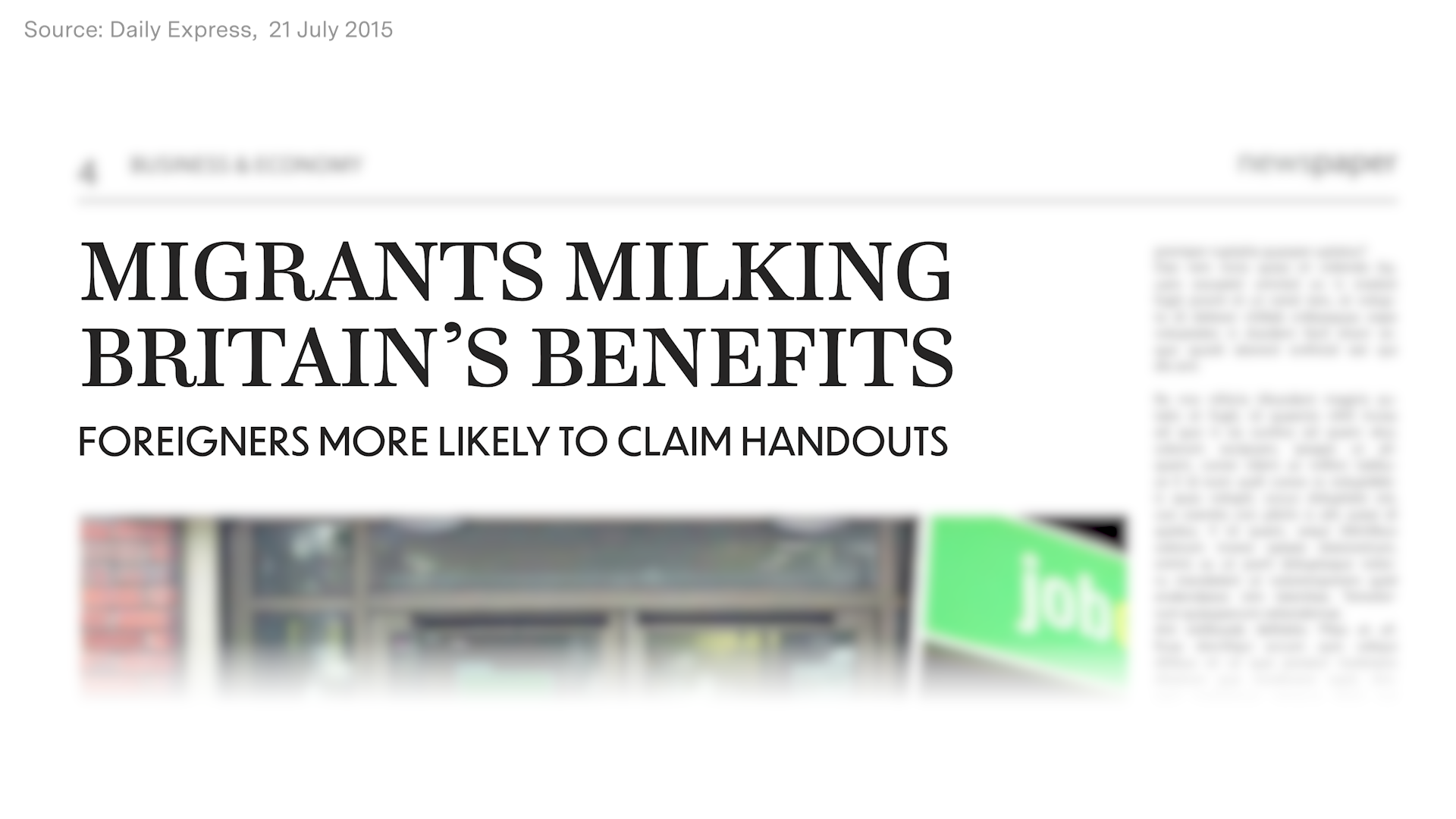
We need to comes together as a collective, rather than playing into each other’s fears
However, just because we are seeing people unite on issues they agree on, that does not mean it has been easy. To be able to unite as a collective, individuals must put aside their differences to stand up for human rights in our daily lives. Spurrier explains that what we need now more than ever to help push progress forwards is for those with influence to listen to ordinary people. Spurrier stated:
“I think one of the things that we need now, that we don’t have, is imagination and leadership. And, time and again, I find it bleak and depressing to see politicians seemingly follow headlines and focus groups, rather than think about the world that they want to see in ten years’ time and how they might get us there.”
We saw this recently, when the Home Office came under fire from the public over its decision not to waive visas for those fleeing Putin’s war in Ukraine. After several days of peaceful protests and scrutiny from the media, the Home Office changed its policy. This appeared less then a case of the government offering leadership but rather one of it belatedly following the public’s lead.
Spurrier explains that what the UK needs right now is bold leadership and imagination to defend and advocate human rights, not just in the UK, but for our neighbours too:
“With a bit of creativity and a bit of imagination and a bit of good oratory, you can take quite a lot of people quite a long way. I don’t believe that people are fundamentally anti-migrant or fundamentally want to go to war. I think there’s a lot that can be done by painting people a vision that they can sign up for, where there’s something in it for everybody, as a whole, as a collective, rather than playing to people’s worst fears”
“Come together, put your differences aside”
If you had 30 seconds to send a message to the public about human rights, what would you say? That is a question we asked Spurrier, and this is her unfiltered message to you in reply:
“Human rights, access to justice, holding the powerful to account: these are the tenets of what makes our lives safe, most of the time. Free, most of the time. And if you don’t have those things – and it’s easy to take them for granted; they’re not concrete; they’re not obvious; they’re not visible, perhaps, in everyday life – but if you don’t have them, that way lies a life in which no one can really flourish. Of course, on the sharpest end of it are marginalised communities and their rights, their freedoms, they will go first. But, make no mistake, those communities’ rights being weakened weakens all of our collective rights”.
“Once they come for them, they will eventually come for us too. So, come together, put your differences aside, build powerful coalitions, stand shoulder to shoulder in solidarity and fight for the kind of world where we’re all safe, all free and where we can truly stand up to powerful people who would otherwise, perhaps, take our liberties away.”
Are human rights threatened in your area? If something rights-related is happening in your local community that you think we should know about, we are keen to hear about your experience. Help us amplify voices from across the UK by dropping us a line by email at: editorial@eachother.org.uk
The Human Rights Act is now at real risk. To keep up with our latest content on the Act, check out our HRA spotlight here.

